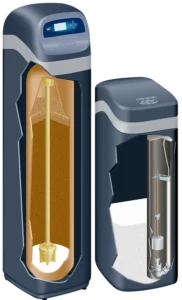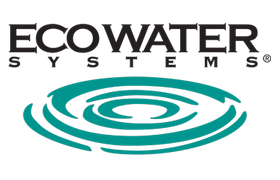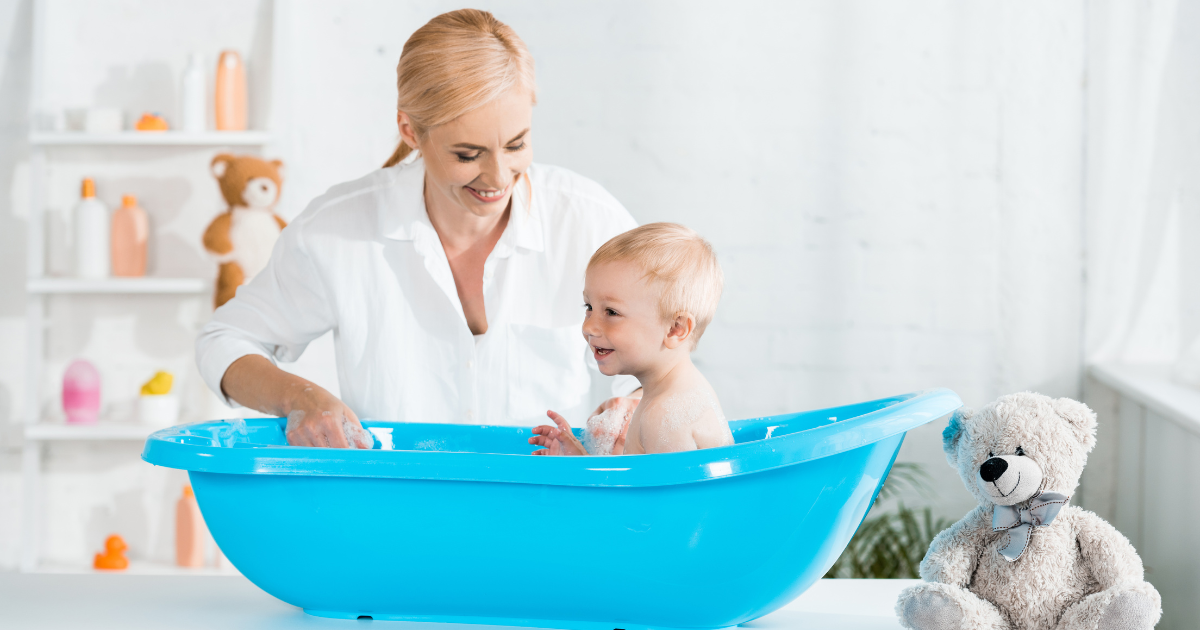If hard water is “bad” for how it can affect your life, then soft water is “good” for the benefits it can bring … but just what is a water softener and is it worth it to get one?
First, to be clear, some common issues that are often attributed to hard water include:
- Skin that’s dry and itchy after a shower
- Hair that’s dull and hard to manage
- Appliances that are accumulating limescale deposits
- Household fixtures and dishes covered in water spots
These conditions can happen when the water in your home contains high levels of minerals like calcium and magnesium. This type of water is considered “hard water.”
You can’t change the water available in your area, but you can treat it. And one effective solution to treat hard water problems is to install a water softener.
What is a Water Softener?
A water softener is a device designed to reduce the hardness of water by removing the minerals that cause it. It operates on a simple principle — exchange the “hard” minerals, usually calcium and magnesium ions, for “soft” sodium or potassium ions.
This process is called ion exchange.
As hard water from your water source flows through the resin tank, the minerals stick to the resin beads, and sodium or potassium ions are released into the water, making it soft. The treated, soft water then continues on through the plumbing that provides water throughout your home.
Benefits of Installing a Water Softener
There are many benefits of installing a water softener to improve your water quality. Here are some that most people find most important:
1. Softer Skin and Hair
One of the most immediate and noticeable benefits of installing a water softener is the positive impact on your skin and hair. Hard water can leave a residue on your skin and hair, making them feel dry, dull, and itchy. It also can strip your skin of its natural oils, which also leads to dryness and irritation.
Softened water, on the other hand, is gentler on your skin and hair, leaving them feeling smoother and more moisturized. Soft water may help alleviate skin and scalp irritations as well as help manage certain skin conditions such as eczema.
2. Increased Appliance Lifespan
Hard water can wreak havoc on your household appliances, particularly those that use water, such as dishwashers, washing machines, and water heaters. The accumulation of mineral deposits can reduce their efficiency and lifespan.
Installing a water softener can extend the life of these appliances, saving you money on repairs and replacements.
3. Cleaner and Spot-Free Dishes
Hard water can leave unsightly spots and streaks on your dishes, glassware, and silverware. With a water softener, you’ll enjoy spot-free and cleaner dishes, eliminating the need for special rinsing agents and extra scrubbing.
4. Cleaner Laundry
Soft water leads to cleaner laundry, too, and can help clothes and linens last longer. With soft water, you can use less detergent and laundry additives. Many people report that they stop using fabric softeners altogether after they install a water softener.
With fewer hard minerals in the water, there’s less residue left on clothes after they’re washed. The result is softer, longer lasting fabrics that feel better against your skin.
5. Reduced Limescale Buildup
Limescale buildup in pipes, faucets, and showerheads is a common issue in homes with hard water. Over time, limescale can restrict water flow and damage plumbing fixtures.
A water softener helps prevent limescale formation, saving you from costly plumbing repairs and improving water pressure.
6. Energy Efficiency
Water heaters in homes with hard water must work harder to heat the water, leading to increased energy consumption and higher utility bills.
Softened water, on the other hand, heats up more efficiently, resulting in potential energy savings.
7. Soap and Detergent Efficiency
Soaps and detergents lather better in soft water, which means you can use less of these products and get the same level of cleanliness. This saves you money while it also limits your exposure to the chemicals found in soaps and detergents.
Important Considerations Regarding Water Softeners
While the benefits of water softeners are compelling, there are some additional things to consider as well.
Environmental Impact
Traditional water softeners use salt for the ion exchange process, which can raise concerns about sodium levels in wastewater and the environmental impact of disposing of salt. If this is a concern in your area, consider alternatives like salt-free water softeners or systems that regenerate based on actual water usage to reduce environmental impact.
Water Quality Testing
Before investing in a water softener, it’s crucial to have your water quality tested. Determine the level of hardness in your water to choose the right size and type of water softener for your specific needs.
Local Regulations
Check with your local water authorities to ensure that installing a water softener is compliant with local regulations. Some areas have restrictions or guidelines for water softener installations, especially concerning brine discharge.
Maintenance Requirements and Costs
Water softeners require regular maintenance to ensure they function correctly. This may include adding salt or potassium chloride pellets, cleaning the resin bed, and periodic inspections. Factor in the time and effort — as well as costs — required for maintenance when deciding to install a water softener.
Is a Water Softener right for You?
A water softener can be a valuable addition to your home. By carefully weighing the benefits along with other considerations, you can make an informed choice that will lead to a more comfortable and efficient home.
We invite you to take the first step and get your water tested to identify your specific water issues.
If you have any additional questions, you can contact us or check out our FAQ to see our most asked questions.

